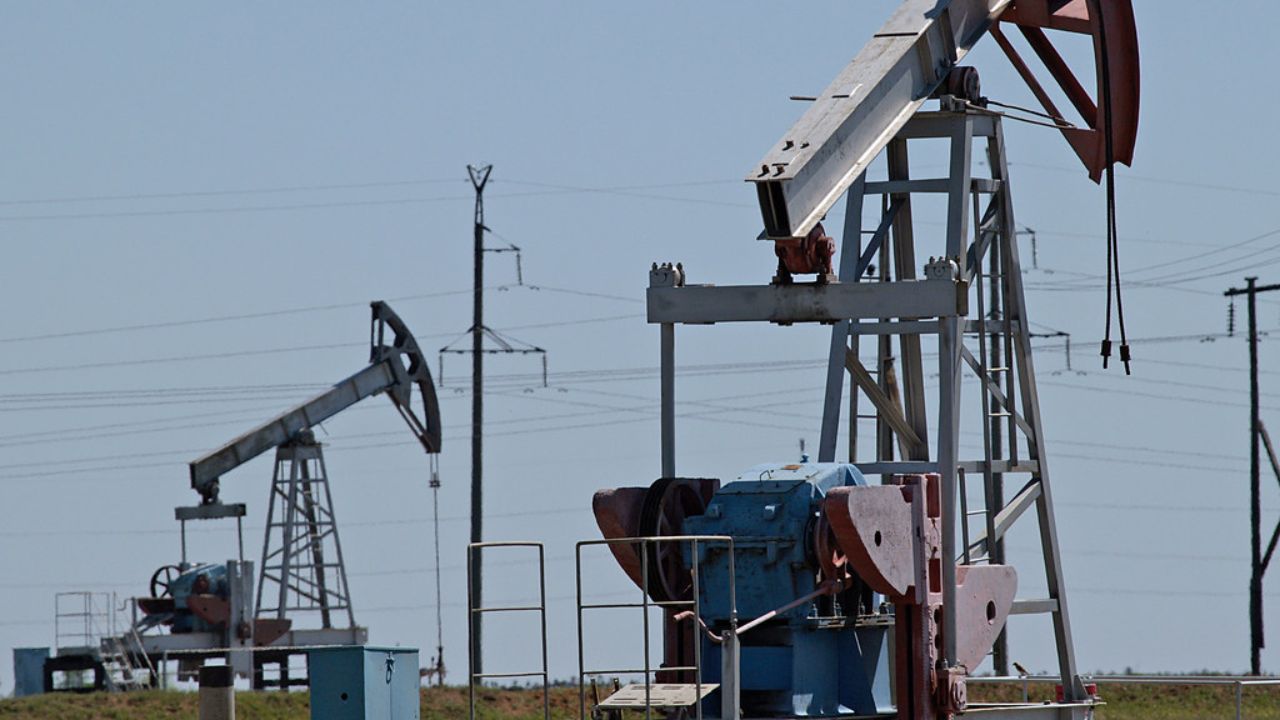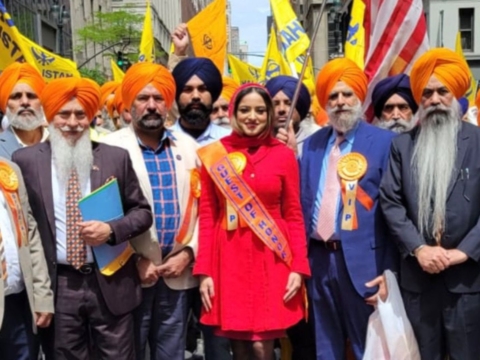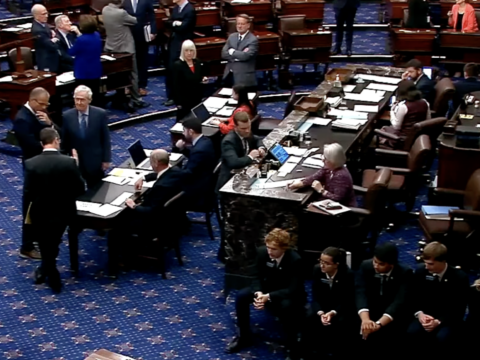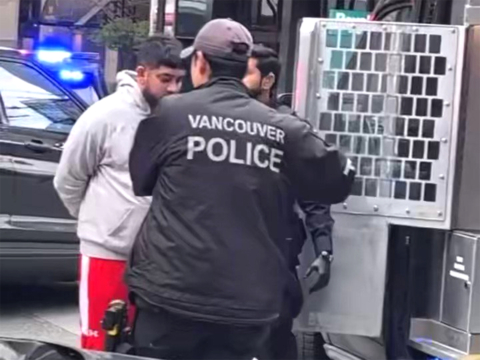WASHINGTON (Diya TV) — Eric Van Nostrand, the US Treasury Assistant Secretary for Economic Policy, clarified during his visit to New Delhi that the United States is not exerting pressure on India to reduce its oil imports from Russia. This comes amidst speculation in the Indian media regarding US interference, particularly during an election year.
Addressing an event organized by the Ananta Centre in New Delhi, Nostrand emphasized that the US neither expects nor has requested India to decrease its oil purchases from Russia.
Since the onset of Moscow’s invasion of Ukraine in February 2022, Indian refiners have significantly increased their acquisitions of Russian oil. With Western nations scaling back their reliance on Russian energy supplies, Russia began offering considerable discounts on its crude oil, a move eagerly embraced by Indian refiners. Consequently, Russia has now become New Delhi’s largest source of crude, surpassing traditional heavyweights Iraq and Saudi Arabia.
“The price cap’s goals are to limit Putin’s revenue and maintain global oil supply, essentially by creating a mechanism for India and other global consumers of oil to access Russian oil at discounted prices,” explained Nostrand during the event.
Accompanied by Assistant Secretary for Terrorist Financing and Financial Crime Anna Morris, Nostrand is currently in India to discuss various matters, including cooperation on the $60-per-barrel price cap with government officials and Indian companies.
Further clarifying, the officials highlighted that oil importers like India, not part of the price cap coalition comprising G7 countries and their allies, are not obligated by the price cap if their purchases of Russian oil do not involve any shipping or insurance services from providers in coalition countries. India, being one of the top buyers of Russian seaborne crude, holds a significant position in the global oil trade.
“The price cap is designed to leave Russia with only bad options… We want him (Putin) to choose between three bad things: selling with coalition services under the price cap, selling outside the price cap, or shutting his oil in and not putting it to market,” elaborated Nostrand.
Both Nostrand and Morris emphasized the success of the price cap thus far, achieving its objective of limiting Russia’s oil revenue without causing a global supply shock or a spike in oil prices.




